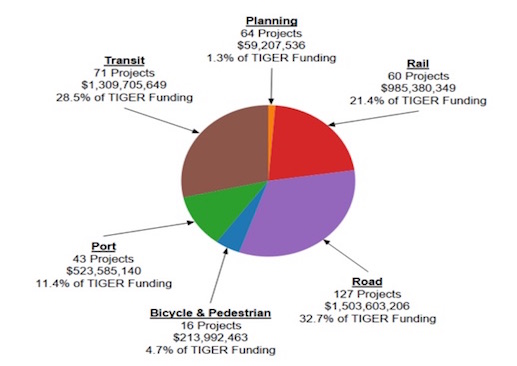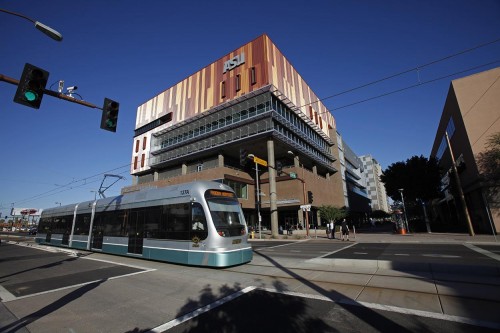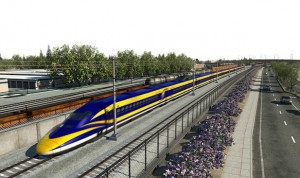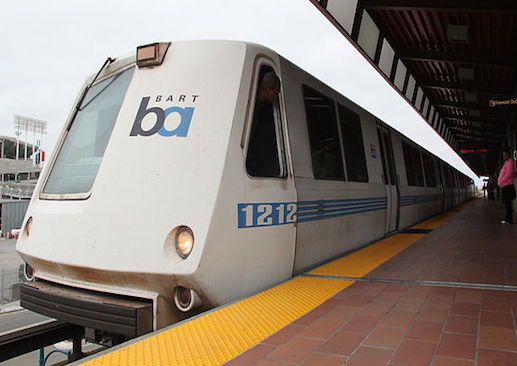
Have you noticed new transit projects like streetcars and bike lanes in your area? They may well be funded by federal TIGER grants.
The Transportation Investment Generating Economic Recovery (TIGER) program was created in 2009 under President Obama’s stimulus package that allowed DOT to invest in road, rail, transit and port projects that promise to achieve national objectives.
This year, 39 transportation projects in 34 states will receive a share of $500 million in grants from the U.S. Department of Transportation (DOT).
The DOT received 627 eligible applications from 50 states and several U.S. territories, including Tribal governments, requesting funds for $10.1 billion in needed transportation projects. The agency chose projects that help better connect communities to centers of employment, education, and services, especially in economically distressed areas.
Cities and communities are using the grants for myriad new and existing projects that include:
- A $20 million grant to develop a new 15-mile bus rapid transit (BRT) line in Birmingham, Alabama;
- A $20.8 million grant to construct transit facilities in growing rural areas of Texas;
- A $1 million grant to help complete a bike and pedestrian network in the Pueblo of Laguna, New Mexico;
- A $16 million grant for improvements to support the accelerated replacement of the century-old Portal Bridge that crosses the Hackensack River in New Jersey; and
- A $6.8 million grant to assist in the development and deployment of technology for fixed and demand-response transit operators in rural transit service areas across rural Ohio.
This is the seventh TIGER round since 2009, bringing the total grant amount to $4.6 billion provided to 381 projects in all 50 states, the District of Columbia and Puerto Rico, including 134 projects to support rural and tribal communities.
TIGER grants present multiple opportunities for story ideas. Check on the communities in your area that are receiving the grants, and explore how they will use the funds to improve their communities.
Also, look at past program years to do follow-up stories on the status of previously funded projects.
You might look at communities of similar size to yours, and see what kind of projects are being funded. You also could calculate the most popular types of programs, and find out whether your community is ahead or behind the TIGER curve.
RESOURCES
2015 TIGER Discretionary Grants











